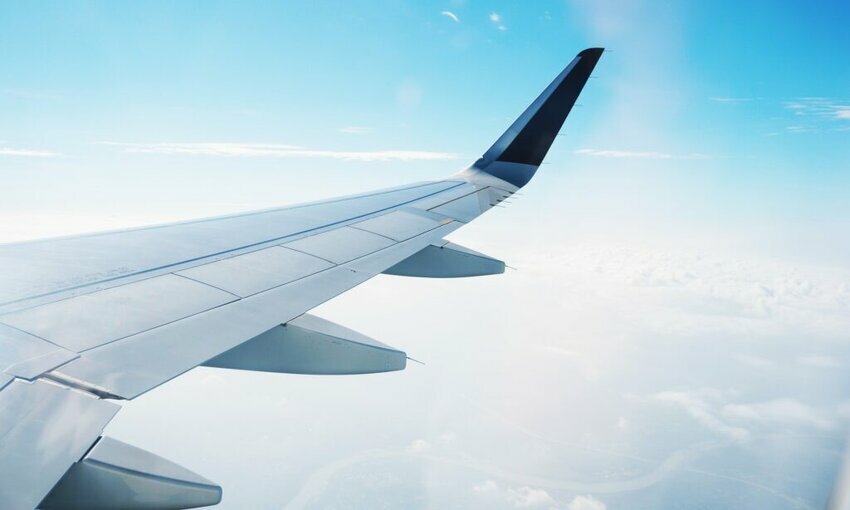 (Credit: Pixabay)
(Credit: Pixabay)A new initiative backed by major companies is seeking “ecopreneurs” to find new solutions to help decarbonize the aviation industry.
Dubbed the Sustainable Aviation Challenge, the initiative aims to find new innovations to reduce the carbon footprint of the aircraft industry, including targeting sustainable aviation fuel (SAF), battery-powered aircraft, as well as value chain innovations like feedstock, engineering, infrastructure, and market development.
The challenge opened on August 24 and is seeking proposals through October 2, 2023. The top innovators will be announced later this year.
The initiative is supported by the FMC, a joint initiative between the World Economic Forum (WEF) and the U.S. Department of State that launched in 2021. The FMC aims to scale emerging technologies to decarbonize industries representing more than one-third of the world’s greenhouse gas emissions -- aviation, aluminum, chemicals, concrete, shipping, steel, trucking, and direct air capture.
The challenge aims to find new solutions for decarbonization, and collaboration between innovators and leaders in sustainable aviation will be prioritized.
The challenge is supported by numerous companies, including Salesforce, Airbus, Breakthrough Energy, Boom Supersonic, Deloitte, Eni, JetBlue Ventures, Qantas Airways Limited, and World Energy.
“To meet our climate goals, we must bring disruptive clean technologies to market at scale,” Suzanne DiBianca, executive vice president and chief impact officer of Salesforce, said in a statement. “Together with our partners, Salesforce thoughtfully approached this sustainability challenge as a way to support and foster innovative ideas from ecopreneurs who aim to help decarbonize the aviation industry.”
The challenge comes as SAF is already being used and tested in the aviation industry. Last month, Virgin Atlantic and Rolls-Royce completed a ground test of a SAF blend on the Rolls-Royce Trent 1000 airplane engine, which the companies plan to use on a transatlantic flight. However, SAF isn't currently integrated into the airline industry, and there are major concerns about the cancer-causing risks of SAF exposure.